FCAD faculty published widely in spite of a myriad of challenges
Over the past year, FCAD faculty members have remained steadfast in their ability to perform extraordinary projects under remarkable circumstances. Through the duration of the pandemic, a number of faculty have been able to contribute to a newly published collection of works or have published new books.
We’ve compiled a list of some of the books written by or featuring the contributions of current FCAD faculty members. The following collection is a testament to the passion and scope of scholarly research and creative work at FCAD.
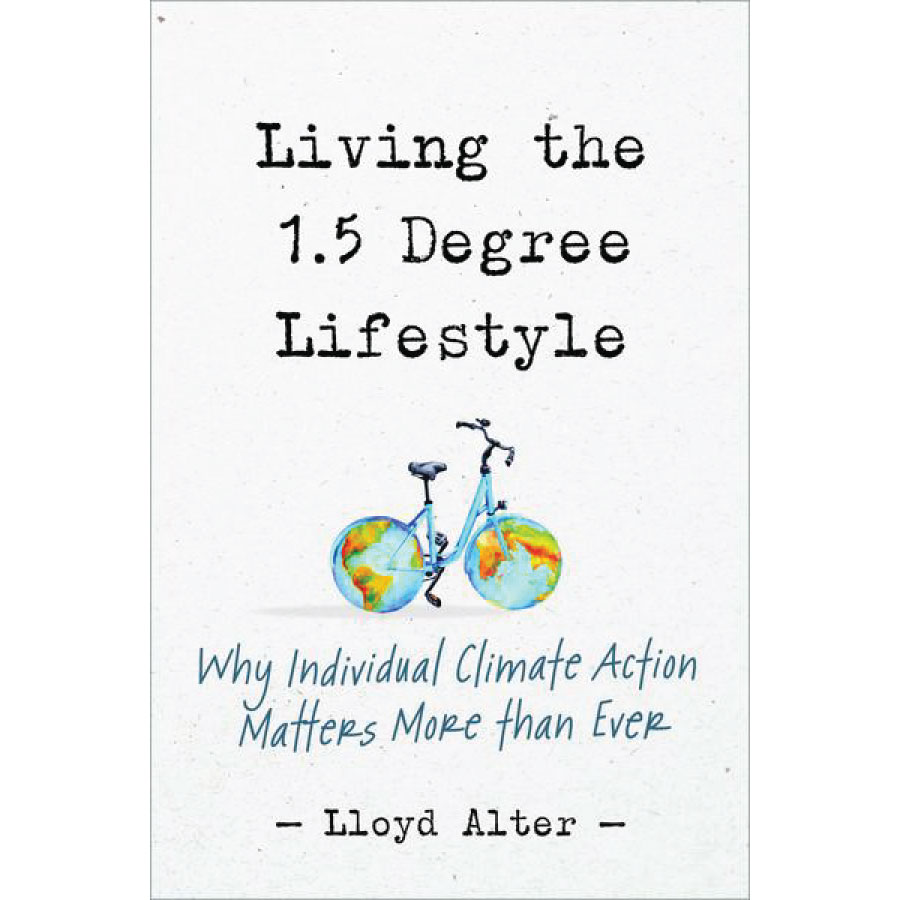
By: Lloyd Alter (Contract Lecturer, School of Interior Design)
Published: September 14, 2021
The international scientific consensus is that we have less than a decade to drastically slash our collective carbon emissions to keep global heating to 1.5 degrees and avert catastrophe. This means that many of us have to cut our individual carbon footprints by over 80 per cent to 2.5 tonnes per person per year by 2030. Grounded in meticulous research and yet accessible to all, Living the 1.5 Degree Lifestyle is a journey toward a life of quality over quantity, and sufficiency over efficiency, as we race to save our only home from catastrophic heating.
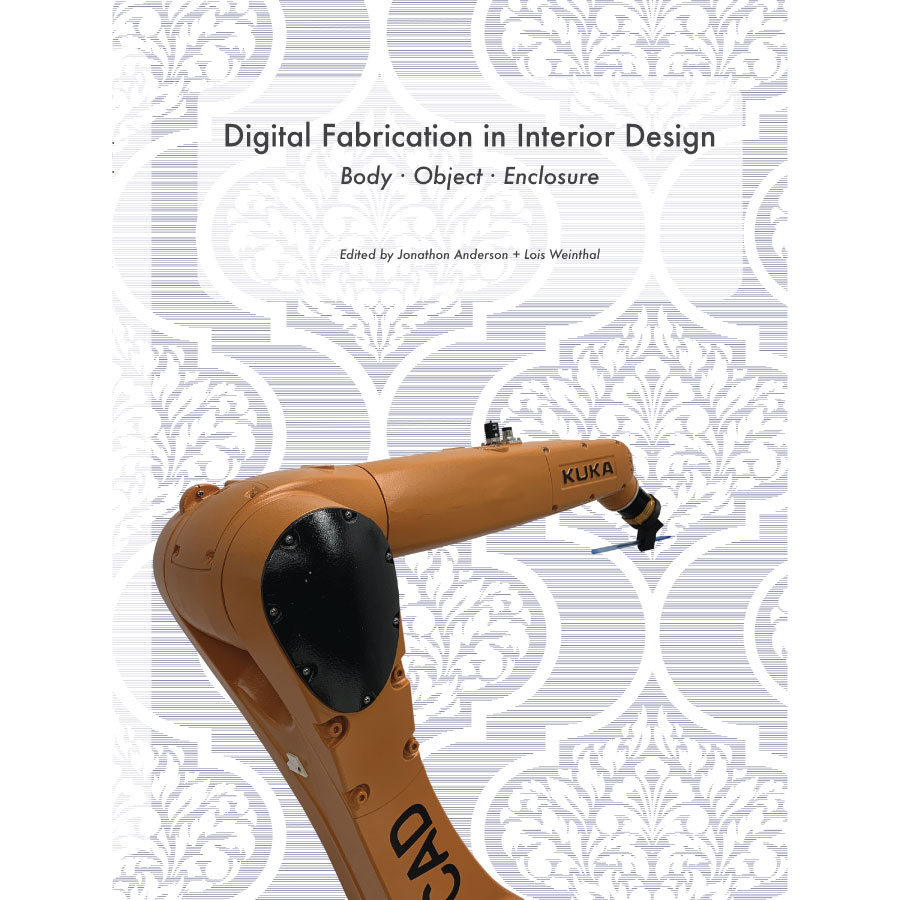
Digital Fabrication in Interior Design: Body, Object, Enclosure (external link, opens in new window)
Edited by: Jonathon Anderson (Associate Professor, School of Interior Design) & Lois Weinthal (Chair & Professor, School of Interior Design)
Published: September 30, 2021
This book draws together emerging topics of making that span primary forms of craftsmanship to digital fabrication in order to theoretically and practically analyze the innovative and interdisciplinary relationship between digital fabrication technology and interior design. The history of making in interior design is aligned with traditional crafts, but a parallel discourse with digital fabrication has yet to be made evident. A foundational text for interiors students and practitioners, the book expands the necessary dialogue about digital fabrication at the scale of interiors to inform design theory and practice.
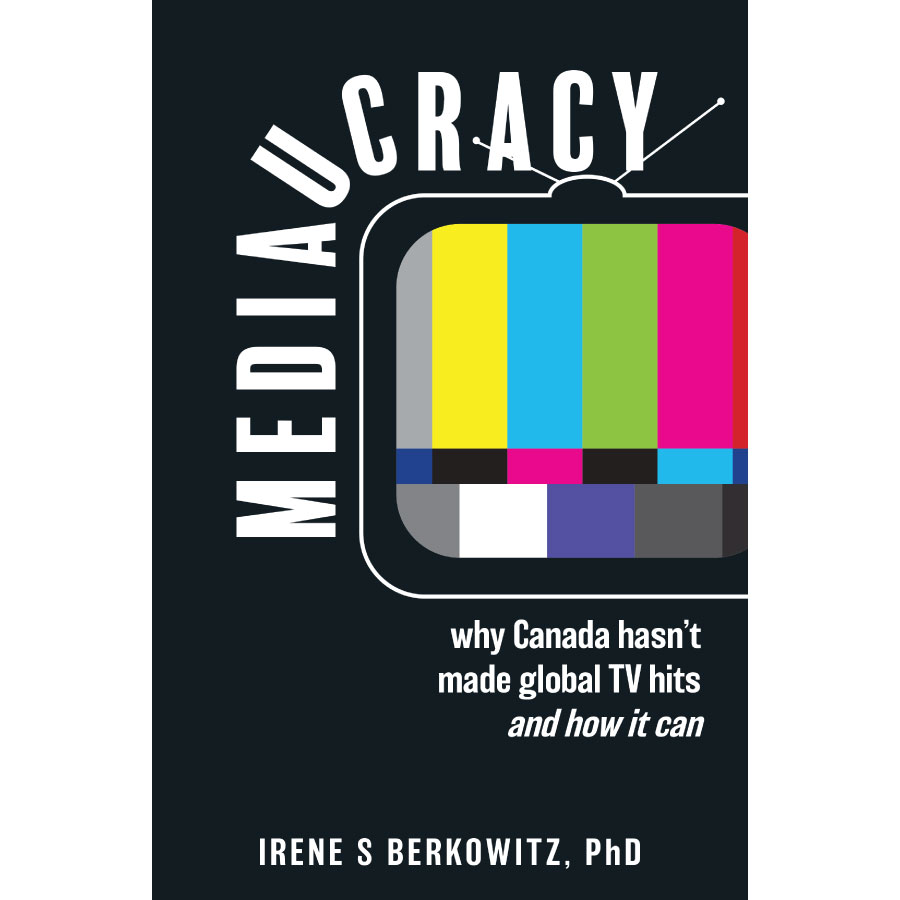
Mediacraucy: Why Canada Hasn't Made Global Hits and How It Can (opens in new window)
By: Irene Berkowitz (Policy Research Fellow | Audience Lab, Instructor RTA School of New Media)
Published: May 17, 2021
The story of the collision between Canada's national TV policy and the global, online era. It argues for a new goal -- globality -- a policy that incentivizes global reach and popular content. Mediaucracy concludes with an original five-step, goal-driven, evidence-based, critical path. Called an "important, timely roadmap to a much-needed policy update," this 21st-century tool kit will future proof Canadian TV policy with a focus on the three keywords in TV biz: Audience, audience, audience.
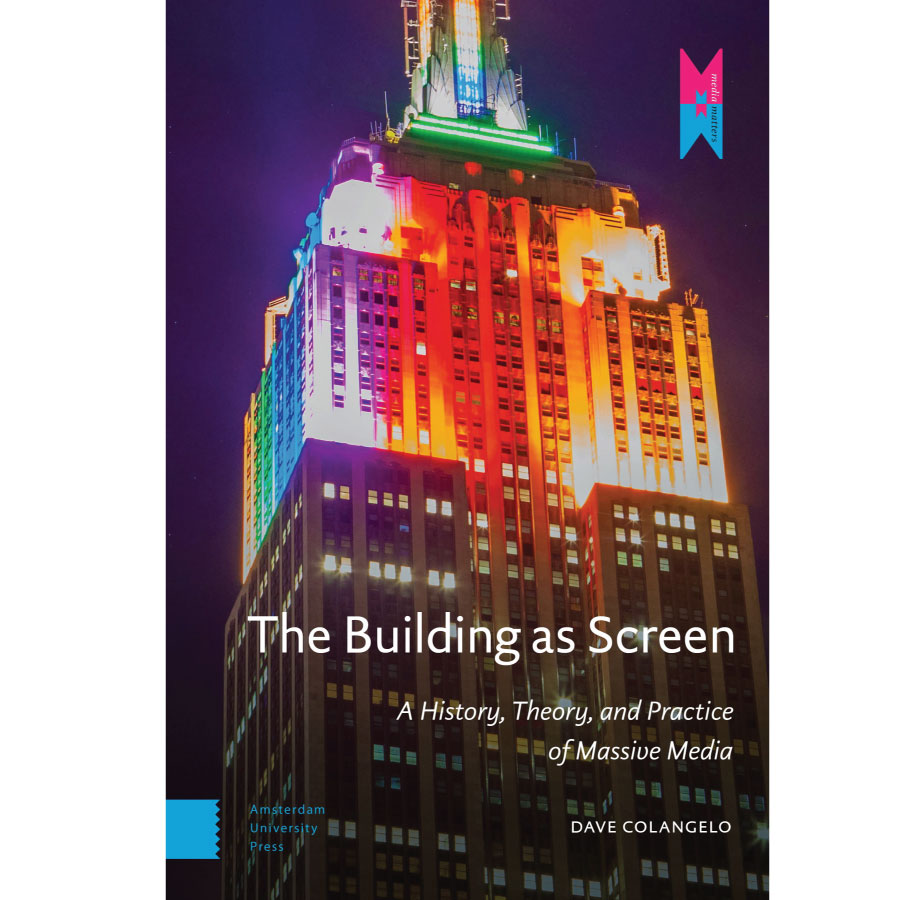
By: Dave Colangelo (Assistant Professor, Professional Communication)
Published: December 16, 2019
The Building as Screen: A History, Theory, and Practice of Massive Media describes, historicizes, theorizes, and creatively deploys massive media -- a set of techno-social assemblages and practices that include large outdoor projections, programmable architectural façades, and urban screens -- in order to better understand their critical and creative potential. This book argues that massive media enables and necessitates the development of new practices of expanded cinema, public data visualization, and installation art and curation that blend the logics of urban space, monumentality, and the public sphere with the aesthetics and affordances of digital information and the moving image.
Winner of the SCMS 2021 Anne Friedberg Innovative Scholarship Award
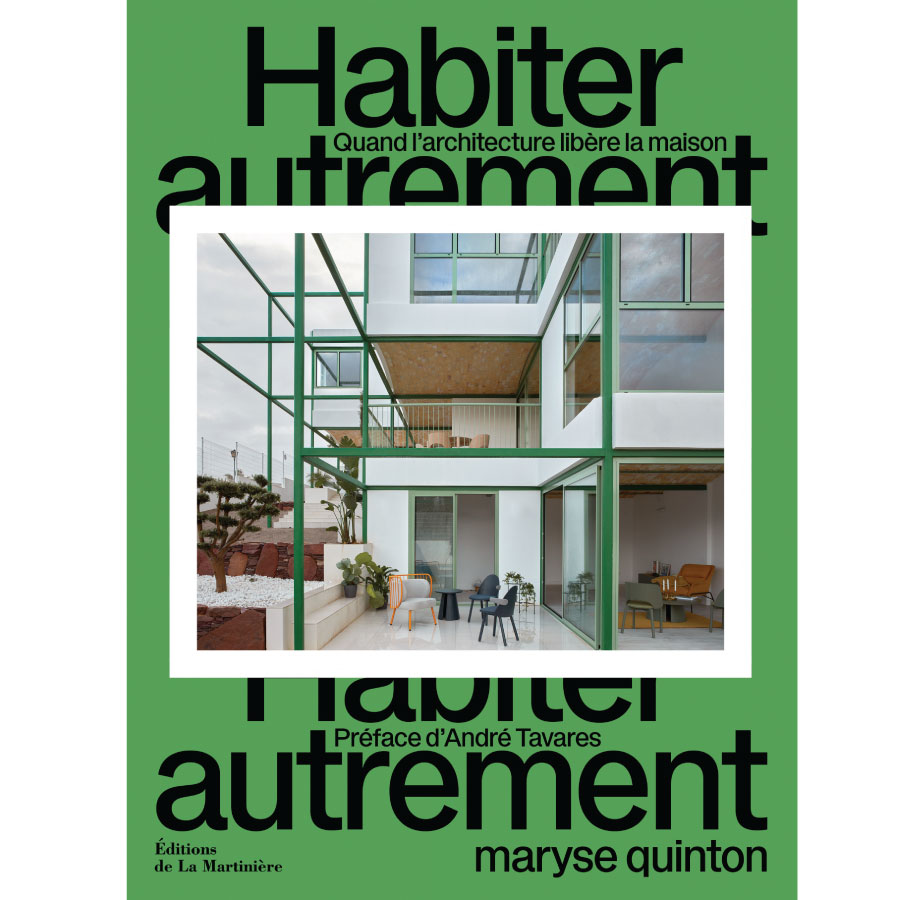
Habiter autrement (external link, opens in new window)
By: Maryse Quinton & André Tavares
Featuring a Project By: Stephanie Davidson (Assistant Professor, School of Interior Design)
Published: April 15, 2021
Living differently (habiter autrement) proposes to explore other ways of living, more open, more free, more permissive. Davidson’s project, Big Space, Little Space, is an adaptive re-use of a masonry garage built in the 1920's. The project converted a general contractor’s former office space into a small dwelling within the workshop, creating a live/workspace with the ability to change radically throughout the seasons. Big Space, Little Space, takes this transformative nature of space as its premise. Rather than dictating specific uses for designated spaces, a variety of spaces that can trigger unexpected uses are offered.
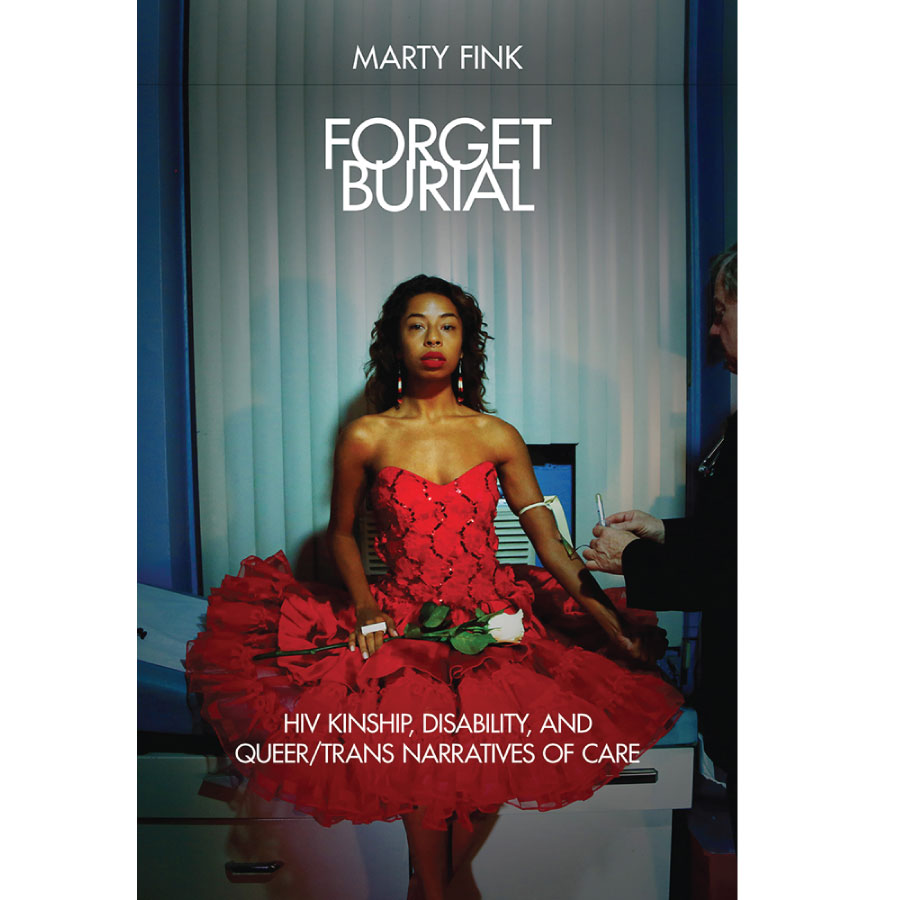
By: Marty Fink (Assistant Professor, Professional Communication)
Published: November 13, 2020
Queers and trans people in the 1980s and early ‘90s were dying of AIDS and the government failed to care. In revisiting these histories alongside ongoing queer and trans movements, this book uncovers how early HIV care-giving narratives actually shape how we continue to understand our genders and our disabilities. In refusing to bury the legacies of long-term survivors and of those we have lost, this book brings early HIV kinships together with ongoing movements for queer and trans body self-determination.
Finalist for the LGBTQ Nonfiction Award from Lambda Literary
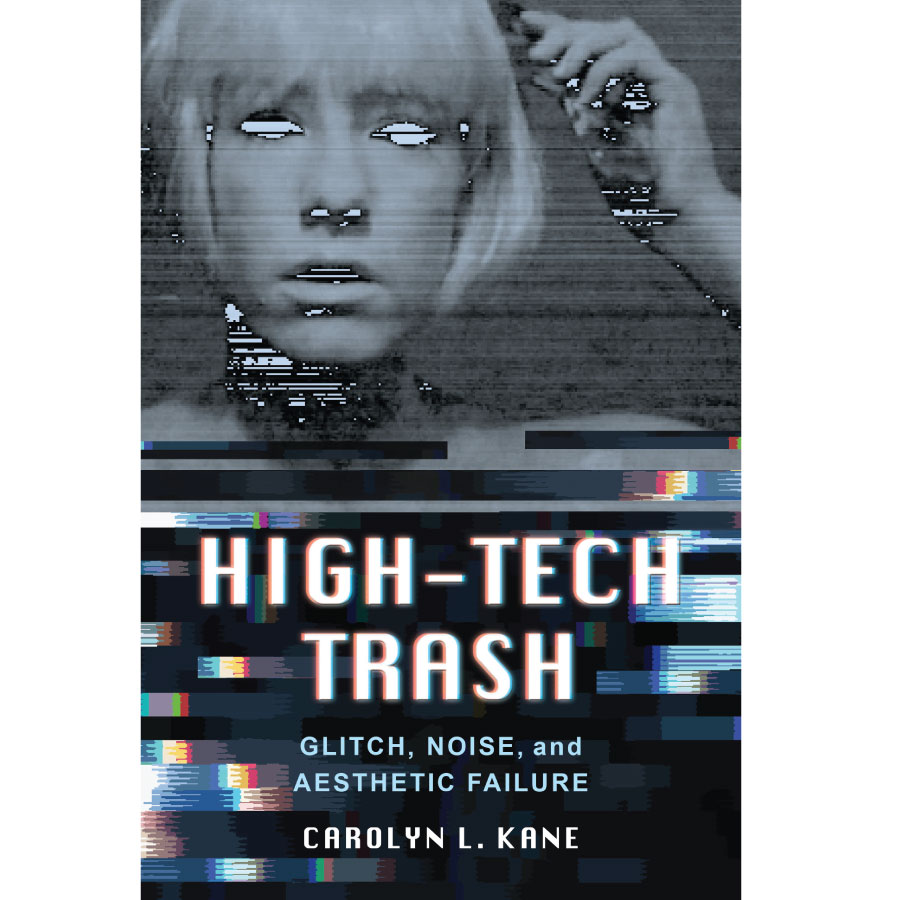
High-Tech Trash: Glitch, Noise, and Aesthetic Failure (external link, opens in new window)
By: Carolyn Kane (Associate Professor, Professional Communication)
Published: December, 2019
High-Tech Trash analyzes creative strategies in glitch, noise, and error to chart the development of an aesthetic paradigm rooted in failure. Carolyn L. Kane explores how technologically influenced creative practices, primarily from the second half of the twentieth and first quarter of the twenty-first centuries, critically offset a broader culture of pervasive risk and discontent. In so doing, she questions how we continue onward, striving to do better and acquire more, despite inevitable disappointment. High-Tech Trash speaks to a paradox in contemporary society in which failure is disavowed yet necessary for technological innovation.
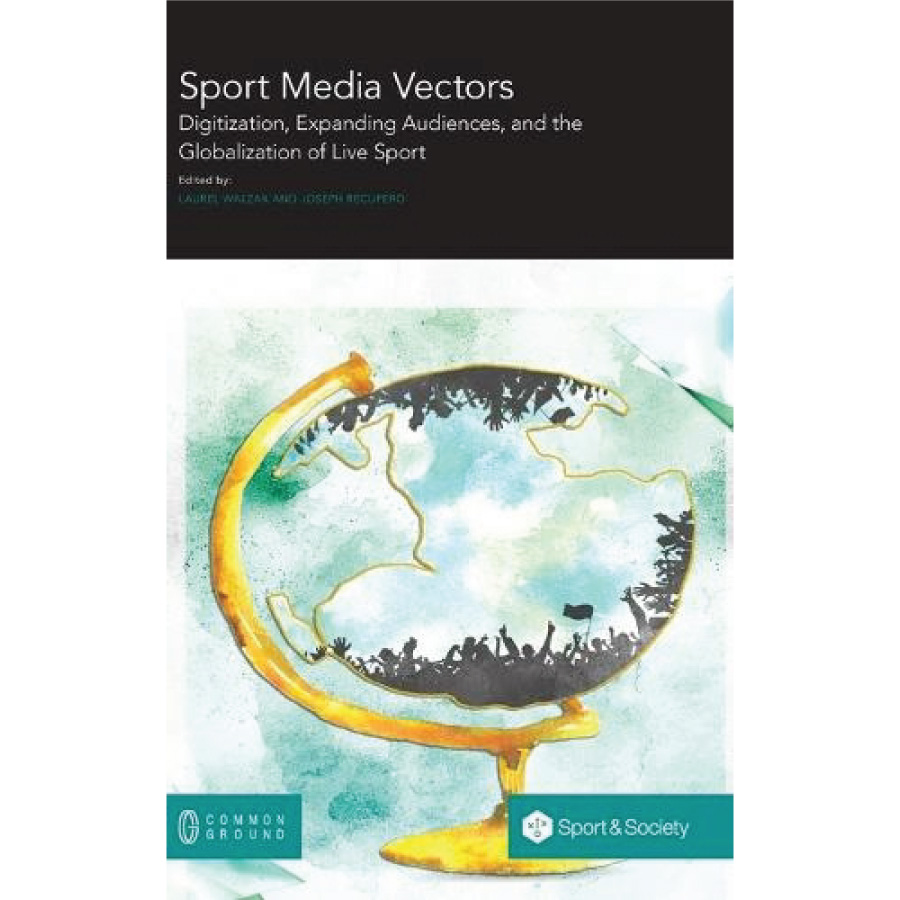
By: Laurel Michele Walzak (Associate Professor, RTA School of Media & Director, Global Experiential Sport (GXSLab), Joseph Recupero (Program Director - Sport Media, Associate Professor, RTA School of Media)
In this edited collection, leading scholars from five continents explore the socio-cultural and political aspects of sport media vectors. The direction of live sport will continue to evolve as the demand by audiences shifts. The book covers a complementary range of topics: esports; livestreaming; traditional linear broadcasting; gender, sexual orientation and masculinities in sport media; global comparisons; media and technological implications of sport; and audience study.

Probiotic Beverages (external link)
Edited by: Sandeep K. Panda, Julie Kellershohn and Inge Russell
Featuring a Chapter By: Natalia Lumby (Associate Professor, School of Graphic Communications Management) and Jonghun (Jay) Park (Associate Professor, School of Graphic Communications Management)
Probiotic Beverages is an essential reference guide to traditional, emerging and unique probiotic beverage products throughout different regions of the world. From practical issues of developing probiotic beverages, to the marketing of these drinks to the consumer, the full product lifecycle of a probiotic beverage is discussed. Lumby and Park’s chapter, ‘Packaging for Probiotic Beverages,’ Explores how packaging probiotic beverages is unique, as the aim is to maintain beneficial microbes while preventing product spoilage. Packaging plays a critical role in maintaining the efficacy, and by extension, product promise, of probiotic beverages.
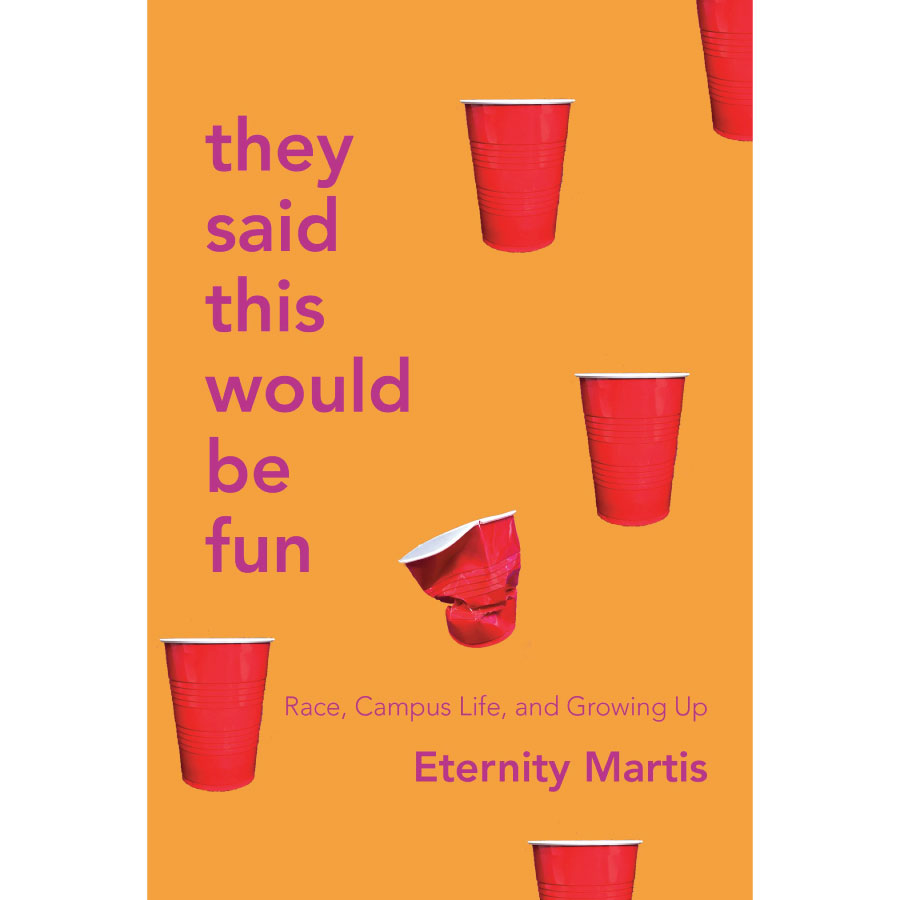
They Said This Would Be Fun: Race, Campus Life, and Growing Up (external link, opens in new window)
By: Eternity Martis (Instructor, School of Journalism)
Published: March 31, 2020
A book-smart kid from Toronto, Eternity Martis was excited to move away to Western University for her undergraduate degree. But as one of the few Black students there, she soon discovered that the campus experiences she'd seen in movies were far more complex in reality. Over the next four years, Eternity learned more about what someone like her brought out in other people than she did about herself. She heard racial slurs in bars, on the street, and during lectures. And she gathered labels she never asked for: Abuse survivor. Token. Bad feminist. But, by graduation, she found an unshakeable sense of self--and a support network of other women of colour.
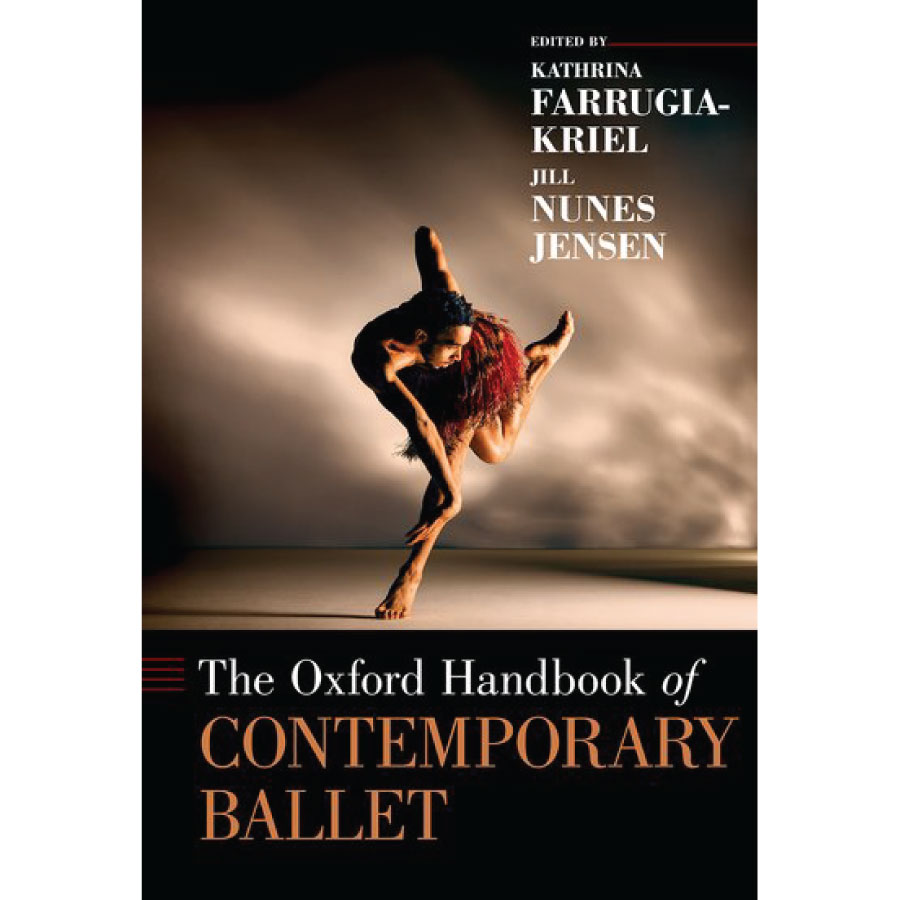
The Oxford Handbook of Contemporary Ballet (external link, opens in new window)
Edited By: Katherina Farrugia-Kriel & Jill Nunes Jenson
Featuring a Chapter By: Caroline O’Brien (Associate Professor, School of Performance)
The Oxford Handbook of Contemporary Ballet is the first work of its kind to treat contemporary ballet as a genre within ballet history. O’Brien’s chapter, Costume, offers a broad introduction to thinking about “costume” as a term that is reserved for and relates to garments used for performance. It examines contemporary ballet costume through the conventions evidenced in the component parts of garments while emphasizing a tradition of making. Uniform is used in the training of a dancer so that dress is embedded in bodily practice, becoming a symbiotic partner in the dance.
Featuring a Chapter By: Amy Bowring (Instructor, School of Performance) and Tanya Evidente (Associate Professor, School of Performance)
Bowring and Evidente’s chapter, James Kudelka: Love, Sex, and Death, contextualizes James Kudelka’s work within the historical narrative of ballet in Canada and his impact on the repertoires of the National Ballet of Canada and Les Grands Ballet Canadiens. Kudelka’s dominant themes of love, sex, and death; his vocabulary and strong emphasis on artistic collaboration; and his musical awareness are all crucial elements of his creative process and are integral to his exploration of the human condition through ballet.
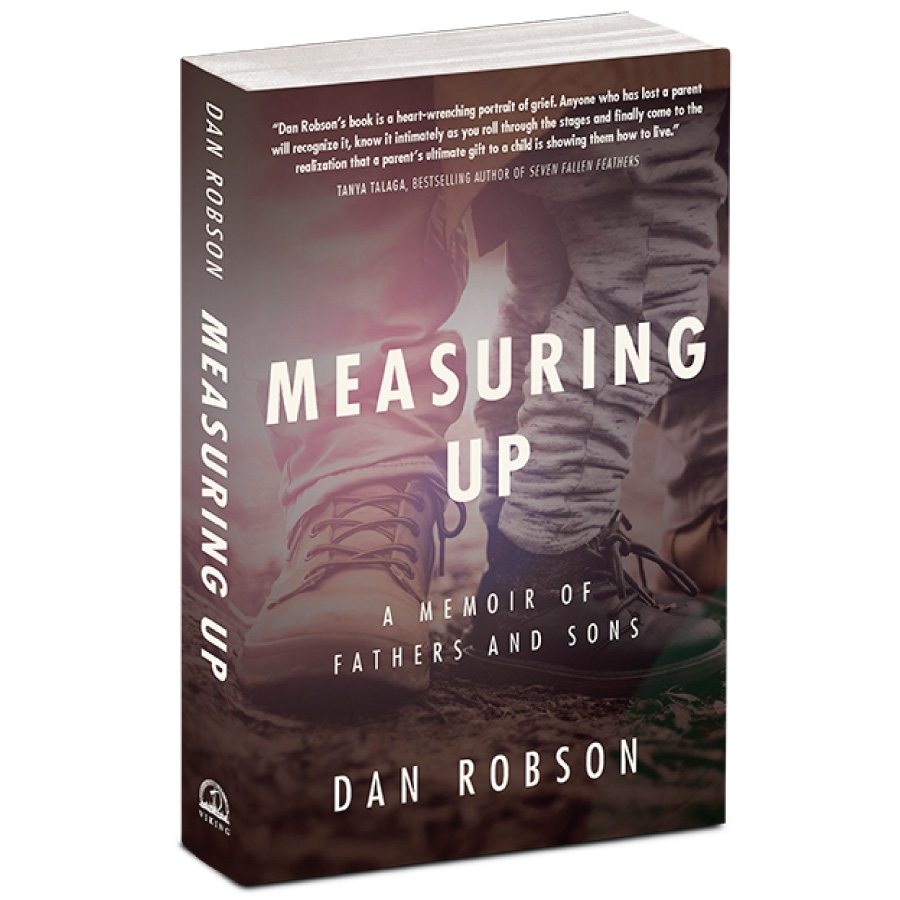
Measuring Up (external link, opens in new window)
By: Dan Robson (Contract Lecturer, RTA School of Media)
Published: May 11, 2021
Dan Robson’s father is a builder, a fixer. A man whose high-school education is enough not only to provide for his family, but to build a successful business. Rick Robson holds things up. When he dies, nothing in his son’s world feels steady anymore. In a very real sense, the home his father had built is suddenly fragile. Without its natural caretaker, the house will fall to pieces—and his family shows all the same signs of crumbling. Now that his father is gone, the acknowledgment of his sacrifices and the sheer longing to be close to him again in some way draw Dan to the tools that lie unused in the garage. So begins Dan’s year of learning the skills his father’s hands had long mastered, and trying to fill the steel-toe boots left behind. Measuring Up is the story of that journey.
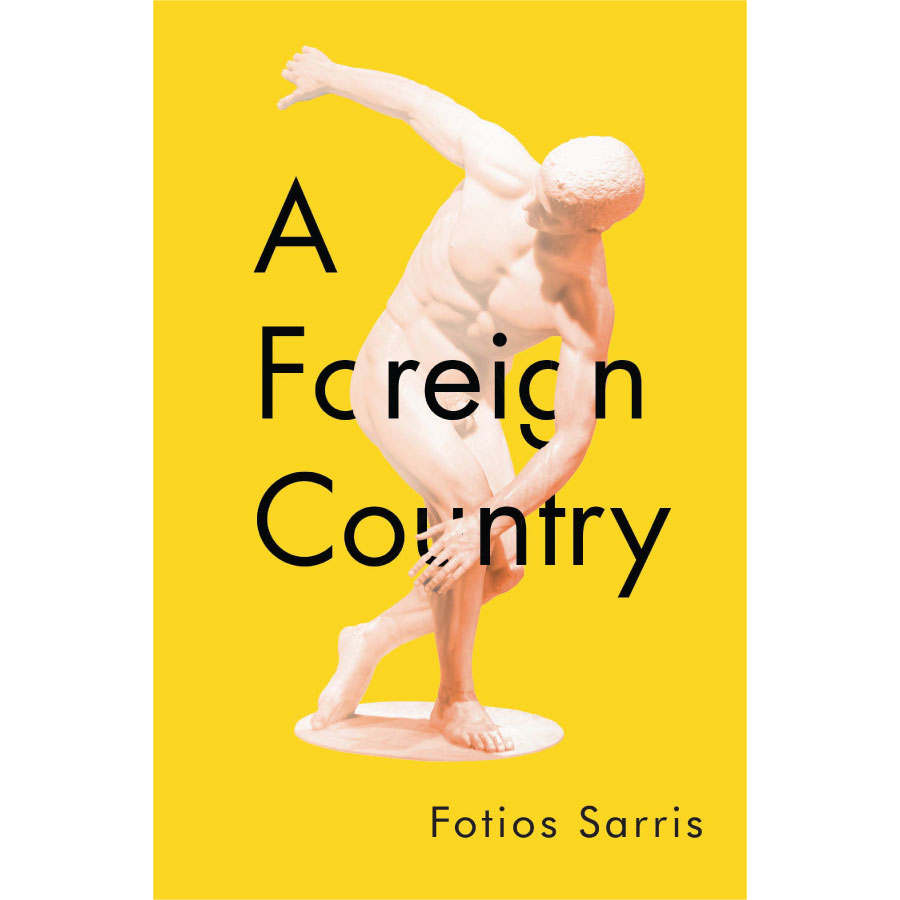
A Foreign Country (external link, opens in new window)
By: Fotios Sarris (Contract Lecturer, Professional Communication)
Published: November 17, 2020
Coming of age in the seventies and eighties, Alex Doukas yearns to be free of his parents and immigrant neighbourhood. He almost succeeds. Now, at 45, running his father’s pool hall, he tries to come to terms with the fatal mistakes of his past and the waste he has made of his life. Ranging from shattered wartime Athens to Montreal’s working-class Mile End to Thessaloniki after the global financial crisis, A Foreign Country is both an intimate portrait of a family and a chronicle of a vanished place and era.
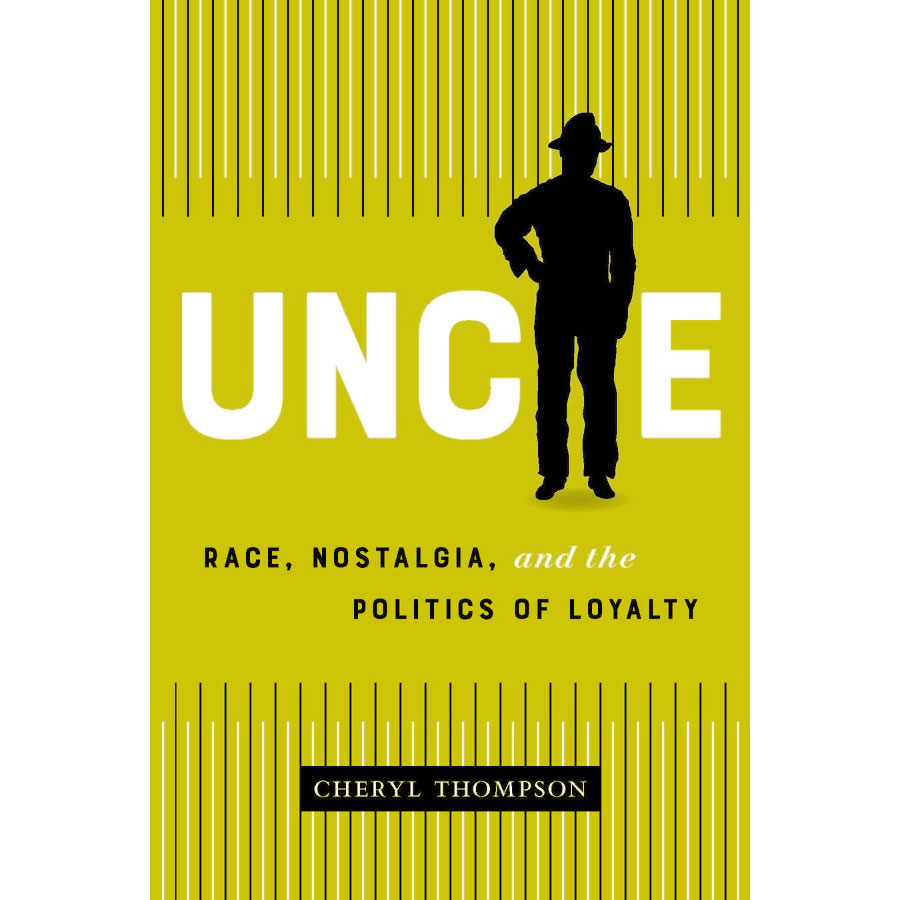
Uncle: Race, Nostalgia, and the Politics of Loyalty (external link, opens in new window)
By: Cheryl Thompson (Assistant Professor, Creative Industries)
Published: February 2, 2021
In Uncle, Cheryl Thompson traces Tom's journey from literary character to racial trope. She exposes the relentless reworking of Uncle Tom into a nostalgic, racial metaphor with the power to shape how we see Black men, a distortion visible in everything from Uncle Ben and Rastus the Cream of Wheat chef to Hollywood's first interracial dance partners Shirley Temple and Bill "Bojangles" Robinson. In Donald Trump's post-truth America, where nostalgia is used as a political tool to rewrite history, Uncle makes the case for why understanding the production of racial stereotypes matters more than ever before.
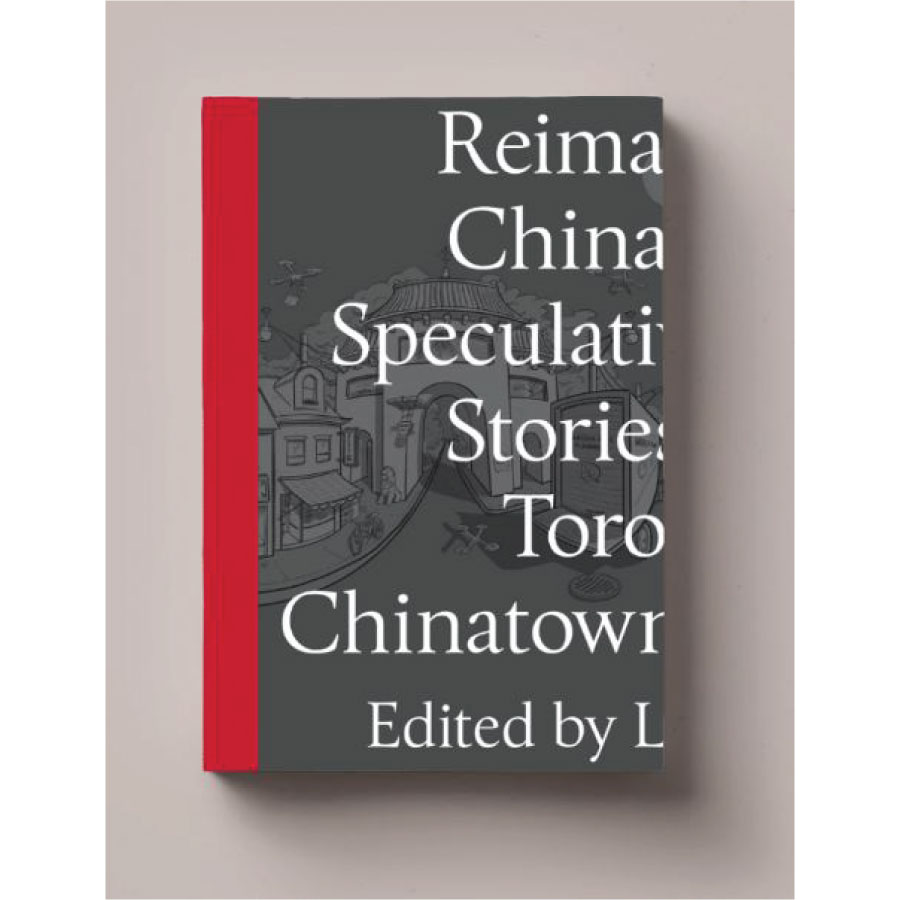
By: Linda Zhang (Assistant Professor, School of Interior Design)
Published: May 18, 2021
What will become of Toronto’s Chinatown(s)? Reimagining ChinaTOwn is a collection of speculative fiction stories set in 2050 that boldly reimagines the future of Chinatown as a shared and collective vision. Written during the COVID-19 pandemic in the early months of 2020, each story explores a personal relationship to Chinatown in the context of the rising anti-Asian sentiment and growing uncertainty for Chinatown’s future. By envisioning Chinatown anew, the stories create a radically more generous and expansive present moment by building a collective and shared vision for the future of Toronto’s Chinatowns.

FCAD at Ryerson University
Entering its eighth decade, FCAD is a global centre of media and creative invention. As a disrupter in innovative education, FCAD is dedicated to developing creators with authentic voices who engage directly with creative industries around the world.
With 23 undergraduate and graduate programs that are shaping the future of their fields and tight-knit partnerships around the world, FCAD offers more opportunities to educate the next generation of creative leaders than anywhere else.
